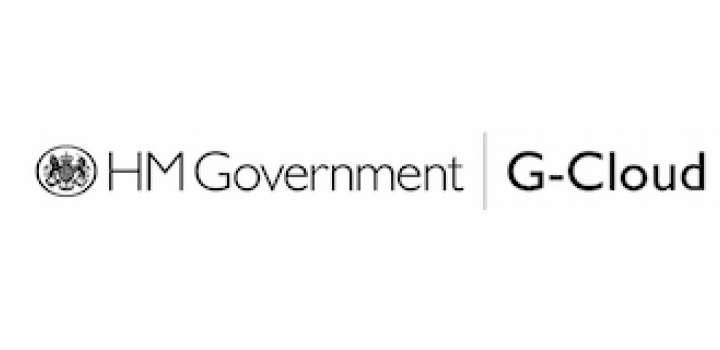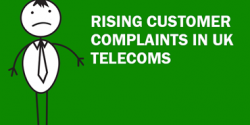How the G-Cloud helps make the public sector digital by default

Today, the public sector currently faces two major challenges. At a time of major pressure on budgets, the need to decrease costs and increase efficiency is paramount, whether your organisation is operating in central or local government or within the health or emergency services.
Additionally, citizens and patients now want to contact the public sector through more and more digital channels. Whether it is email, the web, social media or chat, people expect to communicate, fill in forms and apply for services through their channel of choice.
The Government’s Digital by Default agenda aims to solve these two interlinked issues. It encourages the public sector to put services online, increasing choice while helping deliver efficiency savings.
Technology is at the heart of Digital by Default, and the Government’s G-Cloud initiative aims to underpin transformation. It allows the public sector to buy cloud-based services off the shelf, avoiding lock-in to expensive contracts with single suppliers, enabling cost-effective, innovative solutions.
Between launch and the end of March 2014, G-Cloud has seen £175.5m of sales made through the platform, with 60% of those going to small and medium-sized (SMEs) businesses. There are now over 1,518 suppliers offering about 17,000 services involved in the G-Cloud. Eptica is one of these, with our Eptica Web Self-Service, Pro Active Web Chat and Multi Channel Agent Desktop available to any UK public sector organisation, within the Software as a Service (SaaS) category.
Recent research suggests that the G-Cloud is still not being used across the entire public sector. However, from my experience it is increasingly the channel of choice for purchasing technology and here are the four key reasons:
1. Simplicity
The cloud enables the fast deployment of new technology, without the need for on-premise implementation. This means that benefits can be realised faster and ongoing management is easier.
2. Enables Digital by Default services
Public sector organisations can introduce new services, particularly through online channels, much faster with cloud-based technology. People can therefore use their channel of choice, deepening engagement and helping improve the overall experience.
3. Increased efficiency
The public sector needs to do more with less. Moving to the cloud, and increasing the use of digital services, helps streamline processes and removes paper-based manual tasks. This translates into cost savings, without impacting front line services.
4. Flexibility
Scaling services to meet customer needs is easy with the cloud. Flexibility is guaranteed as extra capacity can be added quickly, without needing to invest in new, on-premise hardware.
Whatever the sector, people have continually rising expectations. They want the same level of personalisation, speed and consistency when dealing with the public sector as when interacting with retailers, banks or insurers. Digital by Default and the G-Cloud provide the ability for public sector organisations to meet expectations while still increasing efficiency, benefiting everyone involved.







Comments